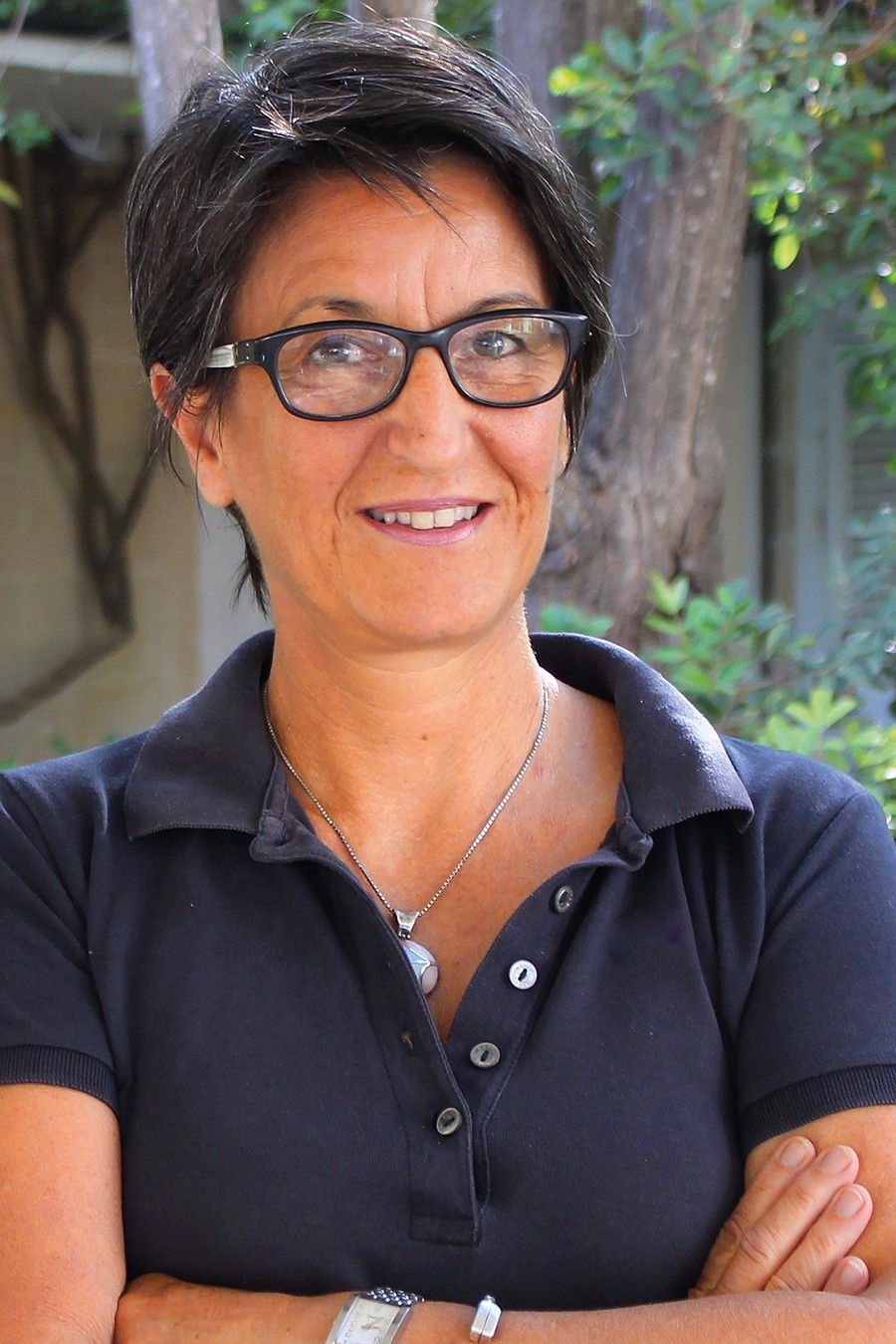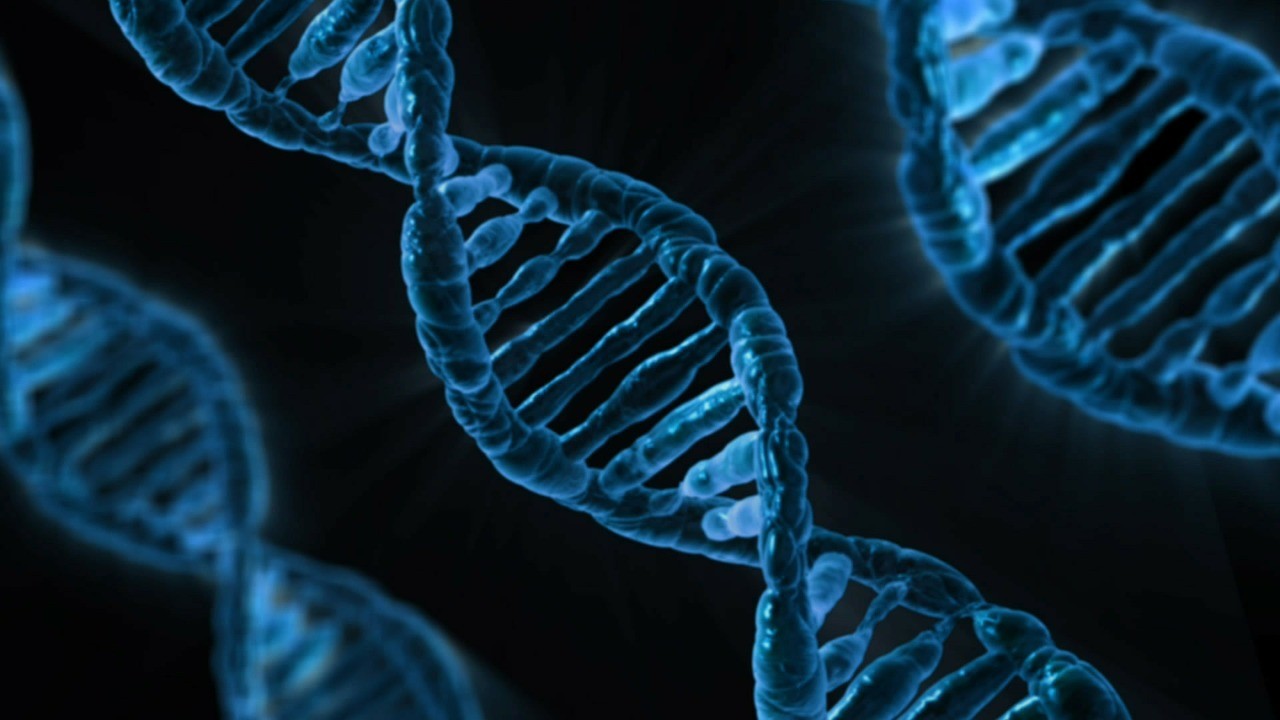Donation of human tissues has been at the core of medical research in Europe since religious restraints were relaxed towards the end of the Middle Ages, making this altruistic act socially and morally acceptable. Altruism is the key word—the individual donates their tissues for the greater good: for the advancement of science, the extension of boundaries of medical knowledge, and for the potential to deliver better medical care. The individual donating their tissues or blood does so with no expectation of return or personal gain, and hands over sample ownership to the scientific community in confidence that ethical use will be made of it.
Many would assume this is still the case… but is it? Genomic research has opened up new and exciting avenues for medical research that have the potential to dramatically transform the way medical practitioners strategically select treatment regimes. Personalised medicine is no longer a pipe dream, it is clearly in the cards—the pack has been dealt, and the game is well underway.
The game-changer here is the genome. The established practice of donors passively handing over their samples of blood or tissues for research is impacted by the fact that DNA is in focus here. Their DNA.

Should this make any difference? Some argue that the fundamental process of donating for the greater good, with no consequent active involvement, is still the cornerstone of the process. There are, however, important shifts in the current social and cultural context that impact the researcher-donor dynamic. Two of these are of particular relevance here. The first is knowledge: the accessibility (via the web) of information about the research process, its impacts and applications, have led to the burgeoning new field of citizen engagement in research. Genomic research, in particular, attracts participants who are personally motivated in the process, with research into genetically linked diseases offering hope for their relatives and future generations. The second shift is that of rights over personal data. Individuals’ rights to the control of their personal data are to be entrenched in the General Data Protection Regulation in May 2018. This EU regulation will sanction a process that is already clear in practice: the trend for individuals to demand control over the ways their personal data are used and stored.
This is where the detached and passive sample ‘donor’ exits stage left, and the research participant takes the limelight. Cynics might claim that nothing much has changed. Samples are collected with consent and research continues, but there is an exciting difference in the dynamics involved. The participant now has the potential to remain engaged by using a process of web-based consent. The various versions of this eConsent or ‘dynamic consent’ that are now available offer the participant and researcher a real-time channel of communication which enables optimum use and reuse of the sample and the accompanying personal data that make it so valuable. The biomedical samples now come with persons digitally-attached: individuals who actively engage in the research process by offering flexible consent via web-based tools. When pooled and stored within biobanks, these samples offer a viable source of DNA with real potential for wide use in research.
Within this scenario, ethicality is enhanced as banked anonymised samples can be used to their full potential and shared, with consent, within the research community. In this way doing justice to the individual participant’s key motivation: to advance scientific knowledge for the benefit of future generations.





Comments are closed for this article!